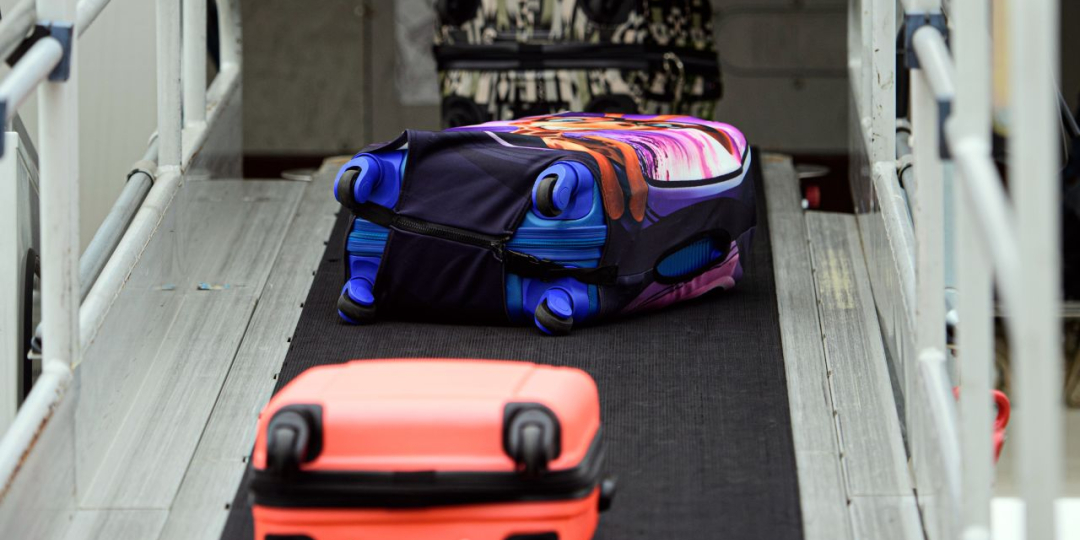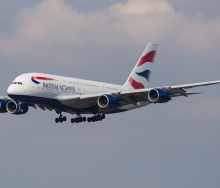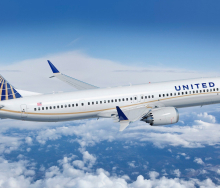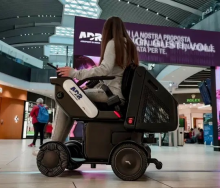IATA is to introduce an initiative to facilitate more effective communication between airlines and airports for interline baggage transfers.
IT and telecommunication service provider to the air transport industry, SITA, has found that almost seven out of every 1 000 bags were mishandled by airlines and airports in 2023. However, on international interline itineraries, the baggage mishandling rates were even higher at 12,1 per 1 000 bags.
IATA 's 2023 Global Passenger Survey found that baggage drop-off and collection were the two biggest sources of negative experiences for passengers.
To remedy these problems, IATA plans to launch a pilot project to test its digital messaging standard that will enable airlines to share information, such as images of bags and baggage geolocations with airports and other airlines, reports PhocusWire.
The new communication standard builds on Iata's 2018 Resolution 753, which requires airlines and airports with the necessary infrastructure and technology to implement baggage tracking at four key points in the journey: drop-off, aircraft loading, delivery to the transfer area and delivery to the passenger.
IATA's survey of airlines and airports earlier this year found that 44% of airlines had fully implemented the resolution's requirements, while another 41% were in the process of doing so. In addition, 75% of the 94 airports surveyed, including four African airports have the capability for Resolution 753 baggage tracking, most commonly via barcodes.
According to IATA Director of Ground Operations, Monika Mejstrikova, legacy baggage messaging technology has evolved since its introduction in the 1960s, however it costs the industry US$1,05 billion (R18,8 billion) annually. IATA reports that if just 10% of airline baggage messaging is transmitted digitally, global savings on messaging costs would be about US$70 million (R1,3 billion) per year.
IATA also said the high cost of legacy messaging contributed to problems with message quality, which led to an increase in baggage mishandling.
SITA showed that transfer points, where communication between airlines was often necessary, were particular sticking points for checked bags. For bags that were delayed last year, the most common cause by far was transfer mishandling, at 46%.














